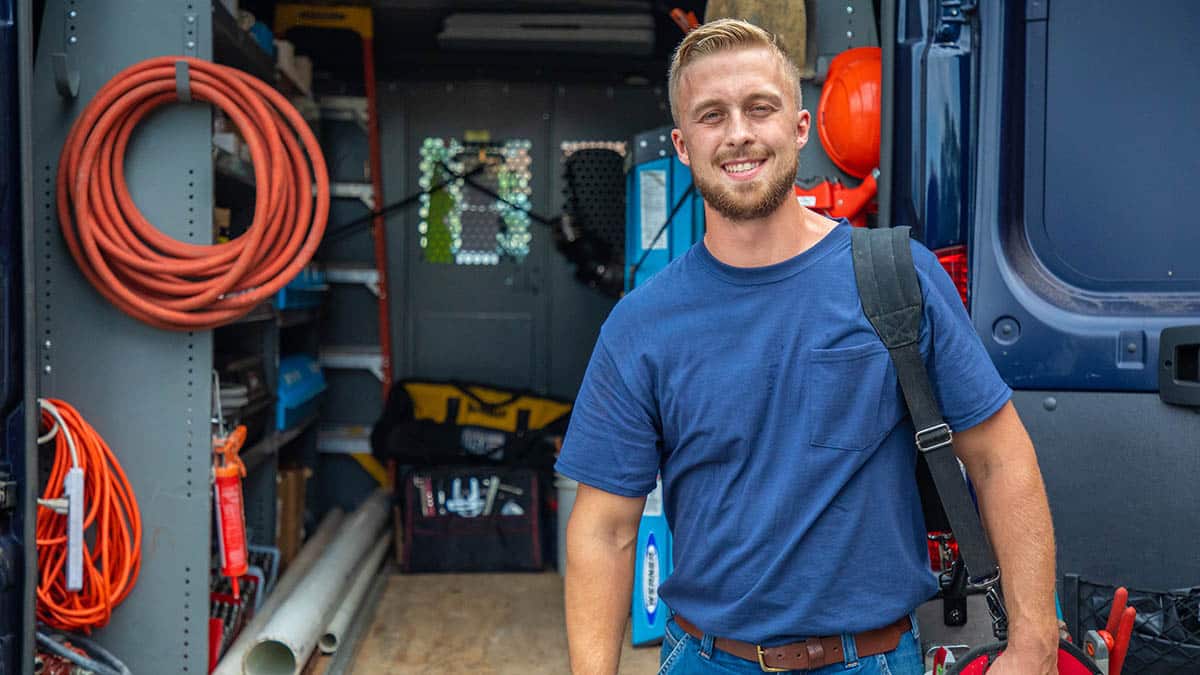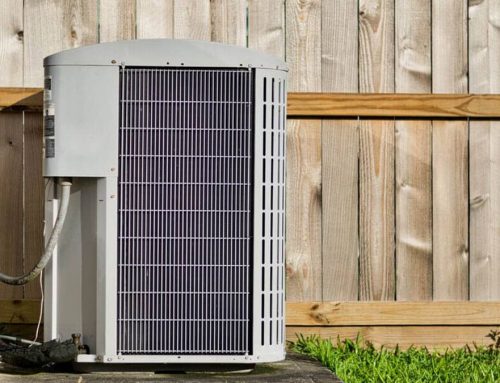
Are Locking Refrigerant Caps Necessary?
Refrigerant Caps and Drug Abuse
Some people have addictions to chemicals. Some people have the desire to alter their individual state and this is sometimes called self-medicating. One of the phenomena happening in this world of drug abuse is the “huffing” of refrigerant. People are inhaling refrigerants and getting high from the oxygen deprivation. The refrigerant is heavier than oxygen and therefore, the huffing becomes dangerous because the individual is unable to replace the heavy chemical with fresh air. An organization called United Parents to Restrict Open Access to Refrigerant (UPROAR) was created when a teenager died as result of refrigerant huffing. The neurotoxic chemicals in inhalants in general can cause chemical dependency and mental illness.
IMC and IRC
The International Mechanical Code (section 1101.10) and the International Residential Code (section M1411.6) are now requiring the use of locking caps. Section M1411.6 says, “Locking access port caps. Refrigerant circuit access ports located outdoors shall be fitted with locking-type tamper-resistant caps.” These caps are lockable and can only be accessed by a licensed HVAC professional who is equipped with a special tool. The caps may be color coded to allow for easy recognition of certain refrigerant lines.
Potential Liability
It seems that today’s world is full of “sue happy” individuals. Business owners and individuals alike seem to constantly be alert for potential lawsuits against them. That is, unfortunately the world in which we live. So, Professional HVAC technicians are responsible for abiding by the laws as expressed in national, state, and local codes. Locking caps must be installed, even on roof top units. Failure to install can make you liable for an injury, incident, or accidental death.


